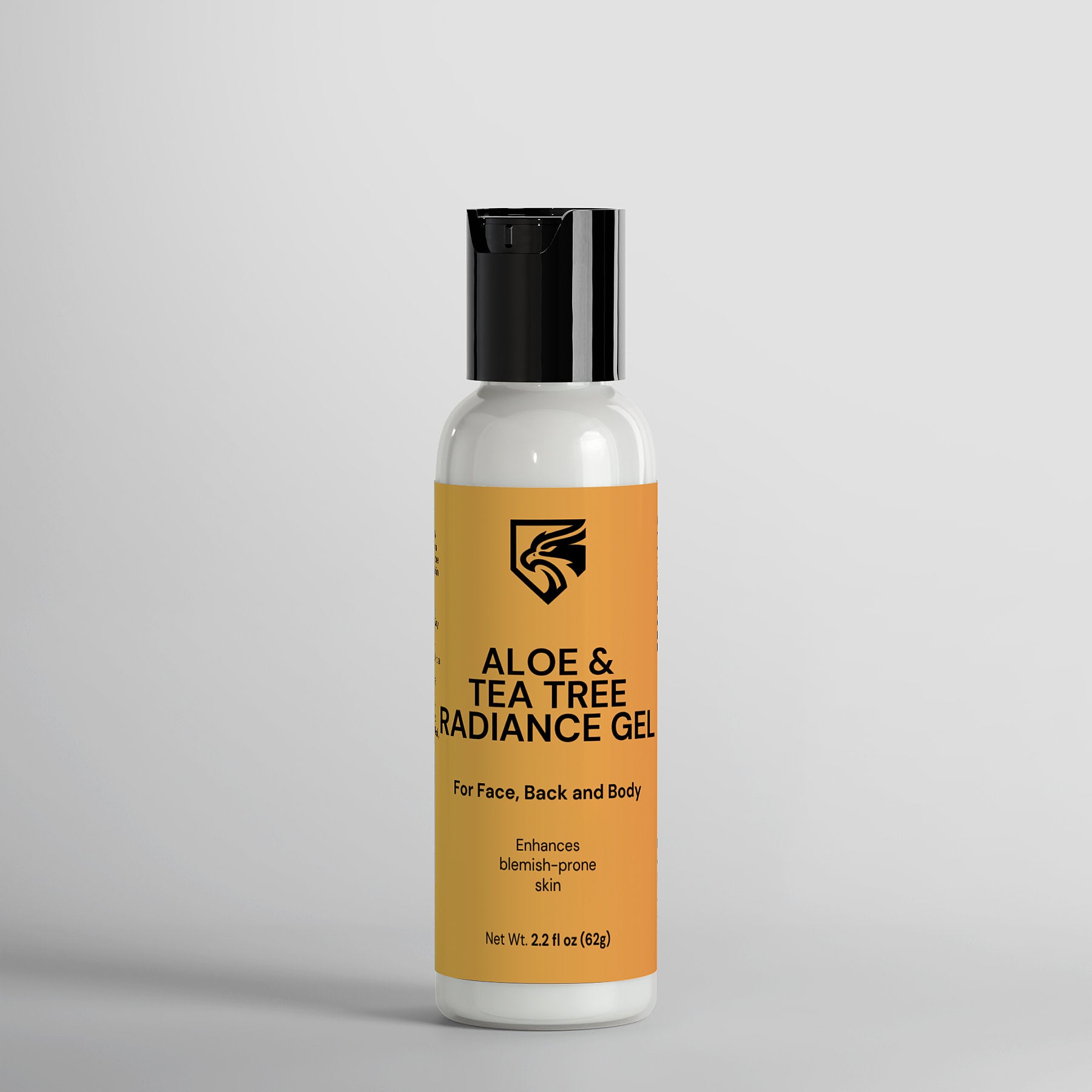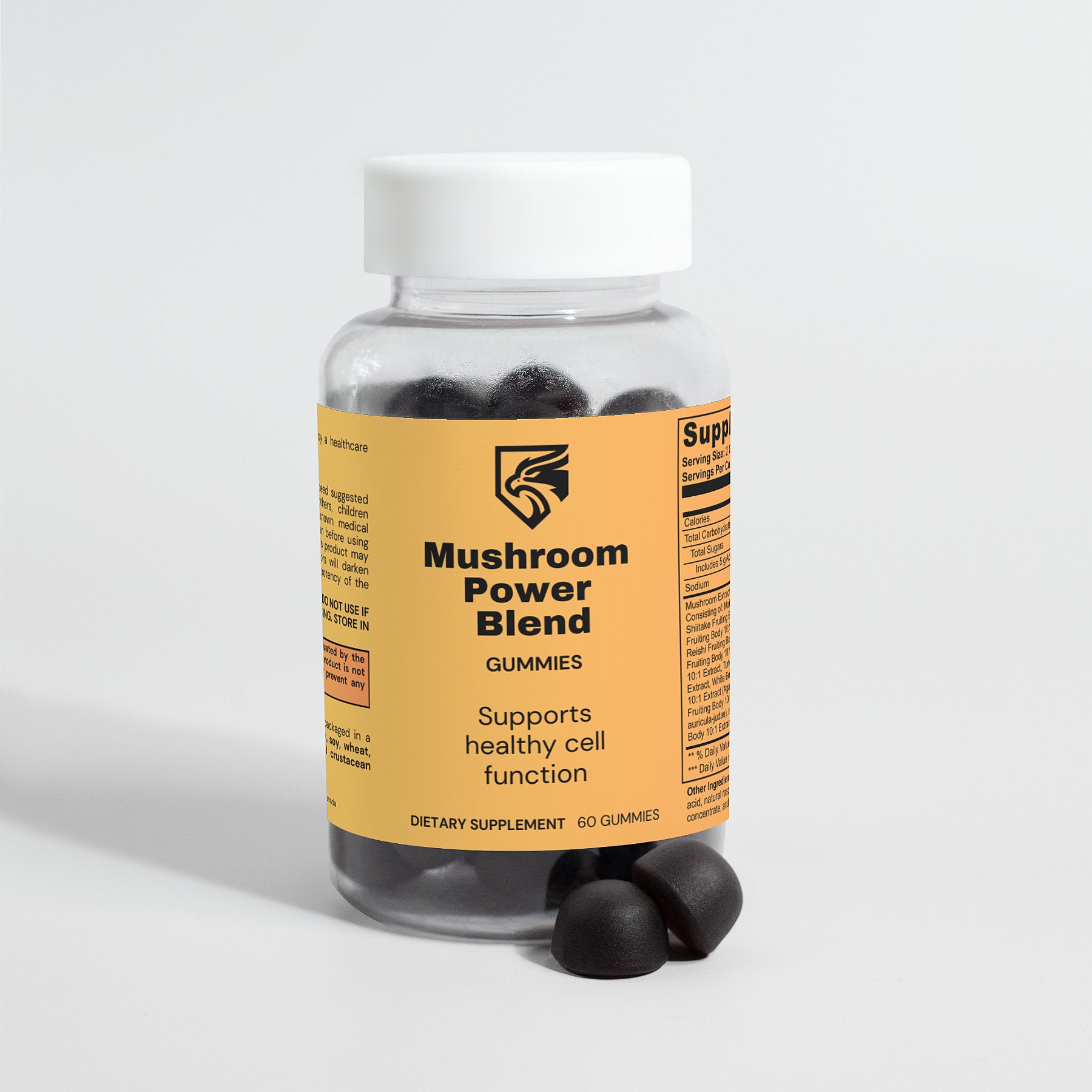Introduction: Sexual health is an integral component of overall well-being, with libido and testosterone levels playing crucial roles in men's sexual function. As men age, they may experience changes in libido and testosterone levels, which can impact their sexual health and quality of life. In this article, we will explore the intricate relationship between testosterone and libido, delve into factors influencing sexual health in men, and discuss strategies for improving sexual health through lifestyle modifications, medical interventions, and alternative therapies.
Understanding Testosterone and Libido: Testosterone, often referred to as the primary male sex hormone, plays a multifaceted role in men's health, influencing various physiological processes, including libido, muscle mass, bone density, mood, and cognition. Libido, commonly known as sexual desire, is the motivational component of sexual behavior, driven by a complex interplay of biological, psychological, and social factors.
Testosterone production is primarily regulated by the hypothalamus-pituitary-gonadal (HPG) axis, a complex feedback loop involving the brain and testes. Levels of testosterone typically peak during adolescence and early adulthood, gradually declining with age. However, individual variations, lifestyle factors, and medical conditions can affect testosterone production and metabolism.
The relationship between testosterone and libido is bidirectional, with testosterone influencing libido and vice versa. Optimal testosterone levels are associated with increased sexual desire, arousal, and erectile function, while low testosterone levels may lead to diminished libido, erectile dysfunction, and reduced sexual satisfaction. Moreover, psychological factors such as stress, anxiety, depression, and relationship issues can further impact libido and sexual function.
Factors Influencing Sexual Health in Men: Several factors can influence sexual health and contribute to changes in libido and testosterone levels in men:
- Age: Testosterone levels naturally decline with age, leading to changes in sexual function and libido.
- Lifestyle Factors: Poor diet, lack of exercise, excessive alcohol consumption, smoking, and chronic stress can negatively impact testosterone production and libido.
- Medical Conditions: Certain medical conditions such as obesity, diabetes, cardiovascular disease, hormonal disorders, and sleep apnea can affect testosterone levels and sexual health.
- Medications: Some medications, including antidepressants, antihypertensives, and corticosteroids, may have adverse effects on libido and sexual function.
- Psychological Factors: Stress, anxiety, depression, and relationship problems can contribute to decreased libido and sexual dysfunction.
Improving Sexual Health in Men: Enhancing sexual health in men involves a comprehensive approach addressing physical, psychological, and lifestyle factors. Here are some strategies for improving sexual health and optimizing libido and testosterone levels:
- Healthy Diet: Consuming a balanced diet rich in fruits, vegetables, lean proteins, healthy fats, and whole grains can support overall health and hormone balance. Certain nutrients such as zinc, vitamin D, and omega-3 fatty acids are particularly important for testosterone production.
- Regular Exercise: Engaging in regular physical activity, including aerobic exercise and strength training, can help maintain healthy testosterone levels, improve blood flow, and enhance sexual function.
- Stress Management: Practicing relaxation techniques such as mindfulness, meditation, deep breathing, and yoga can help reduce stress levels and promote sexual well-being.
- Adequate Sleep: Prioritizing quality sleep is essential for hormone regulation, including testosterone production. Aim for 7-9 hours of uninterrupted sleep per night.
- Maintain a Healthy Weight: Obesity and excess body fat can contribute to hormonal imbalances and sexual dysfunction. Losing weight through a combination of diet and exercise can help improve testosterone levels and sexual health.
- Limit Alcohol and Avoid Substance Abuse: Excessive alcohol consumption and substance abuse can impair sexual function and testosterone production. Moderation is key to maintaining sexual health.
- Medical Evaluation: If experiencing symptoms of low libido or testosterone deficiency, it's essential to consult a healthcare professional for a comprehensive evaluation. Blood tests can assess testosterone levels, and underlying medical conditions can be addressed accordingly.
- Hormone Replacement Therapy (HRT): In cases of diagnosed testosterone deficiency (hypogonadism), hormone replacement therapy may be prescribed to restore testosterone levels and improve sexual function. HRT options include testosterone injections, patches, gels, and implants, which should be administered under medical supervision.
- Counseling and Therapy: Psychological counseling or sex therapy can be beneficial for addressing underlying emotional or relationship issues impacting sexual health and libido.
Alternative Therapies: In addition to conventional treatments, some men may explore alternative therapies and supplements claiming to improve libido and testosterone levels. While certain herbal supplements, such as ashwagandha, maca root, and Tribulus terrestris, have been traditionally used to support sexual health, evidence supporting their efficacy is limited. It's essential to approach alternative therapies with caution and consult a healthcare professional before trying any new supplements or treatments.
Conclusion: Sexual health is a vital aspect of men's overall well-being, with testosterone and libido playing key roles in sexual function and satisfaction. Understanding the complex interplay between hormones, lifestyle factors, and psychological variables is crucial for optimizing sexual health and addressing issues related to low libido and testosterone deficiency. By adopting healthy lifestyle habits, seeking medical evaluation when needed, and exploring appropriate treatment options, men can enhance their sexual health and enjoy fulfilling intimate relationships throughout their lives.







Leave a comment
All comments are moderated before being published.
This site is protected by hCaptcha and the hCaptcha Privacy Policy and Terms of Service apply.